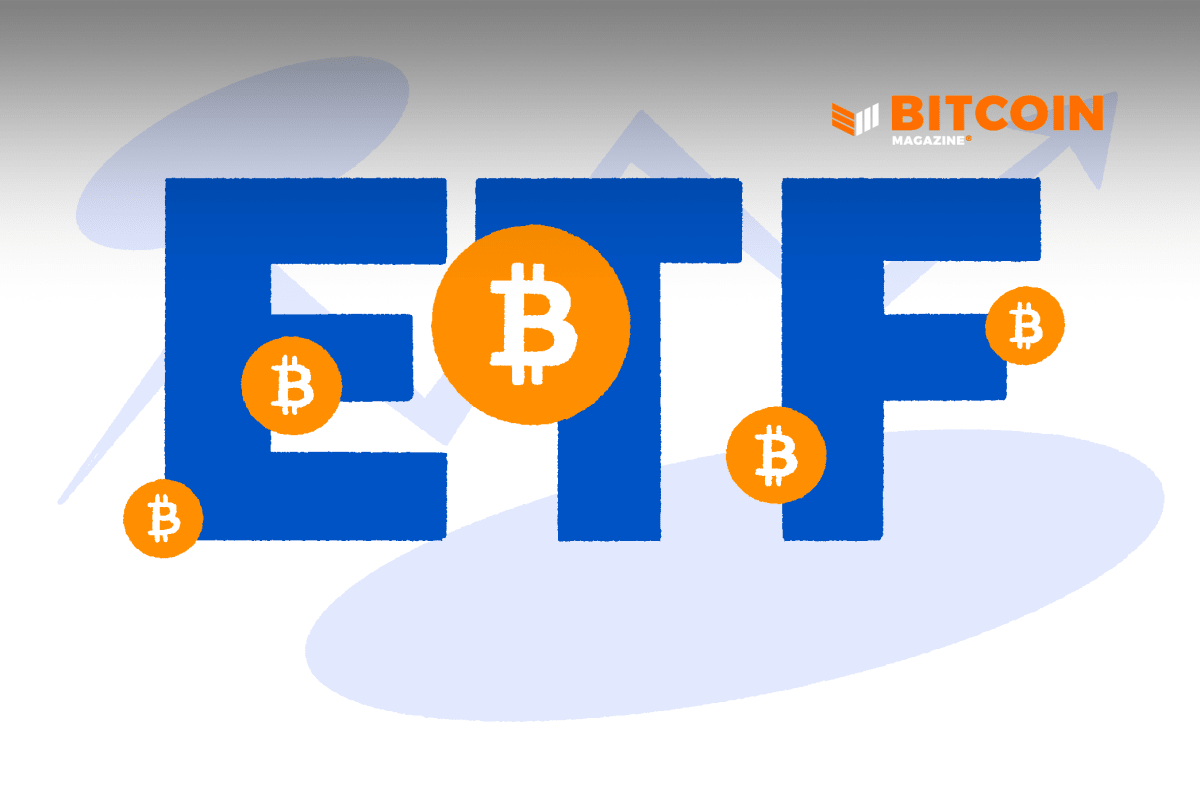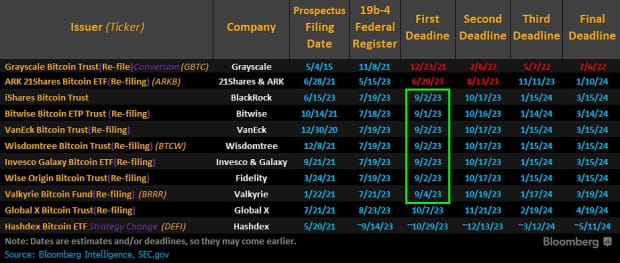
- Grayscale Investments is suing the SEC for denying its software to transform GBTC into an ETF.
- The submitting used to be submitted the previous day night time via the previous most sensible prison thoughts that served within the Obama management as U.S. solicitor common.
- Over 11,000 remark submissions had been despatched to the SEC via buyers, 99% of which have been sure against the transition of GBTC into an ETF.
Grayscale Investments, one of the most global’s greatest virtual asset managers, is suing the U.S. Securities and Change Fee (SEC) after the regulator denied its software to transform its flagship bitcoin fund, GBTC, into an exchange-traded fund (ETF), consistent with a press release
“As Grayscale and the workforce at Davis Polk & Wardwell have defined, the SEC is failing to use constant remedy to equivalent funding cars, and is due to this fact performing arbitrarily and capriciously in violation of the Administrative Process Act and Securities Change Act of 1934,” mentioned Donald B. Verrilli Jr., Grayscale’s senior prison strategist and previous U.S. solicitor common.
Verrilli used to be announced as a brand new member of Greyscale’s prison workforce on June 7, as the corporate have been making ready for a worst-case state of affairs. Grayscale additionally started a letter marketing campaign with buyers the place over 11,400 general submissions had been despatched to the SEC, 99% of which have been in want of the fund’s transition to an ETF.
“Throughout the ETF software evaluate procedure, we imagine American buyers overwhelmingly voiced a want to peer GBTC convert to a place Bitcoin ETF, which might free up billions of bucks of investor capital whilst bringing the arena’s greatest Bitcoin fund additional into the U.S. regulatory perimeter,” mentioned Michael Sonnenshein, Grayscale’s CEO.
Grayscale announced its intentions to transition the fund into an ETF in April 2021. A proper request to take action used to be then submitted later that yr, in October. Since then, Grayscale has mounted many efforts to correctly tell the general public of its intentions and to fulfill all regulatory necessities.
Whilst the SEC has a 240-day cut-off date to make choices on those issues, which might have ended July 6, it may possibly factor choices early. Despite the fact that some would possibly listen this information as disheartening, the pressured litigation of the subject may just create a status precedent for the ecosystem that may well be really useful within the long-term.









![Methods to Purchase DeFi Pulse Index on CoinStats [The Ultimate Guide 2022]](https://bitrrency.com/wp-content/uploads/2022/05/DeFi_Pulse_og-100x70.png)

